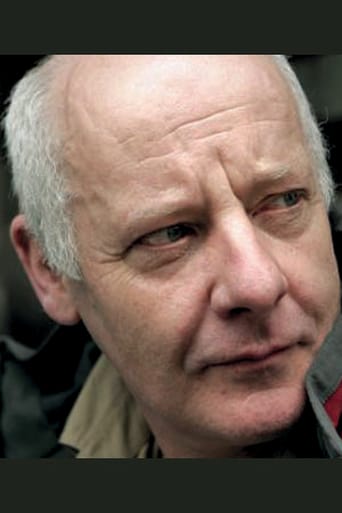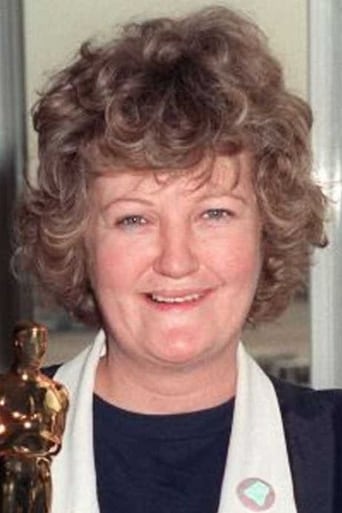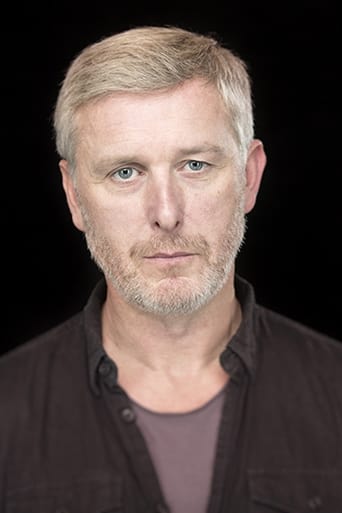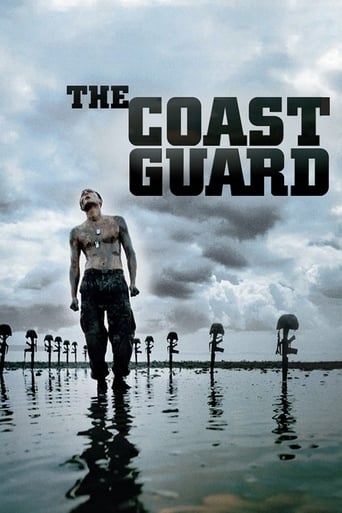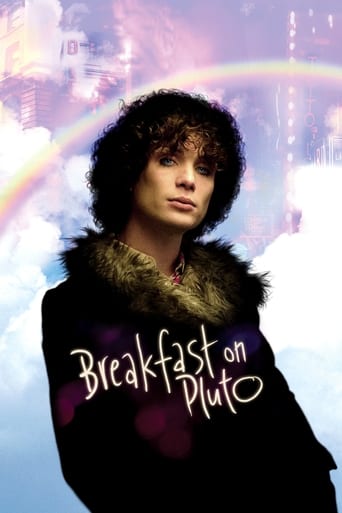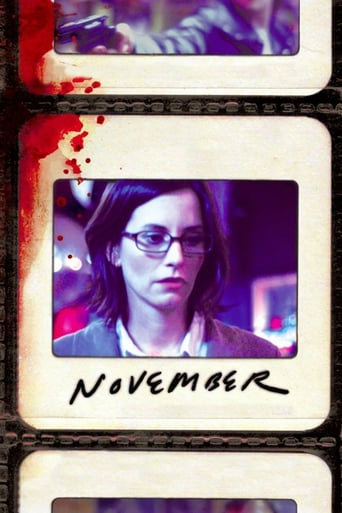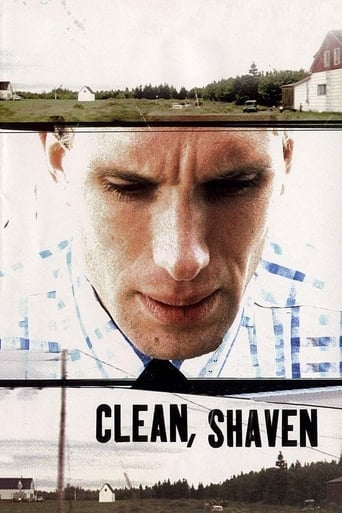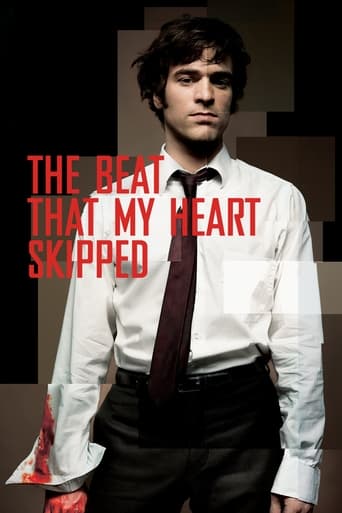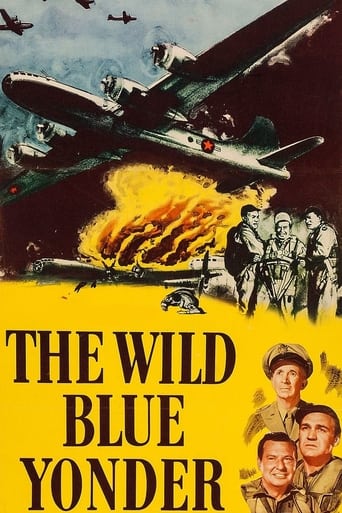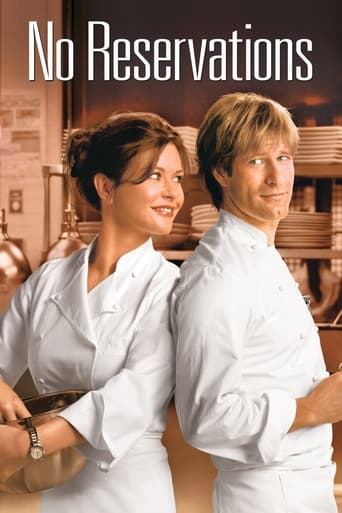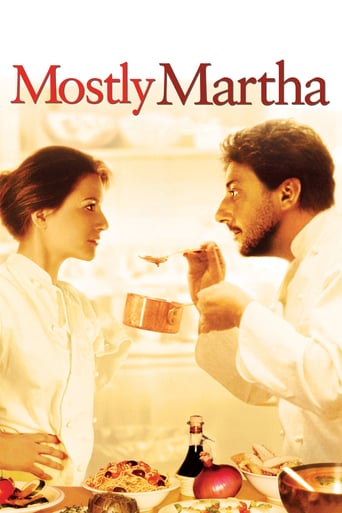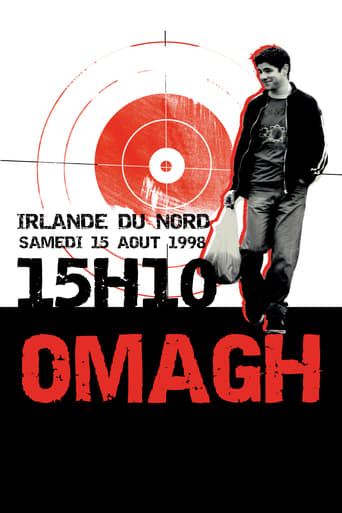
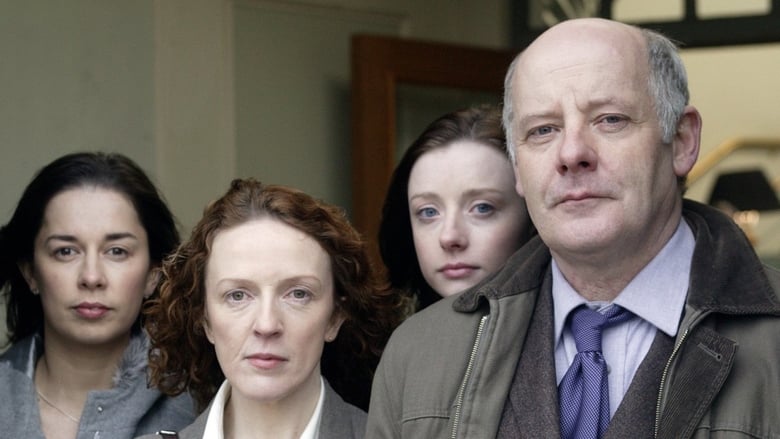
Omagh (2005)
The movie starts at the 1998 bomb attack by the Real IRA at Omagh, Northern Ireland. The attack killed 31 people. Michael Gallagher one of the relatives of the victims starts an examination to bring the people responsible to court.
Watch Trailer
Cast


Similar titles
Reviews
I have heard some comparisons between Omagh and Bloody Sunday: Paul Greengrass, realistic portrayals, eye-level shots, shaky camera, subject matter (northern Ireland)...etc. But content and objective-wise, the two films could not be more different. Now I am not going into details with how they are different but in a nutshell: Bloody Sunday is more or less an account from someone looking by, and the story surrounding an authoritative figure and how he dealt with the crisis. Omagh however, is a true story of an ordinary citizen: middle aged mechanic, family-orientated, not a bother in the world.So onto my actual thoughts of Omagh: For the many victims of the tragedy, families go through stages of sadness: accepting the truth, deal with the truth then somehow, move on. Justice is also what most if not all, look for. But the perception of justice may vary depending on how far you are willing to go. Gallagher for example, found out for himself that the mountain of bureaucracy was too high and steep to climb and as an ordinary citizen, it was simply impossible to go through ordinary channels to get answers. He also had questions of his own which involved choosing between going the distance and may or may not catch those responsible, OR doing what his family considered right and "move on", by supporting his wife and daughters and "be there for them". This emotional turmoil was portrayed with great effect and what I would consider a very realistic representation of a man struck by tragedy that very much came from nowhere. It was done with respect, and achieved the balance between subtly and over-the-top clichés.As part of an audience, you cannot help but draw comparisons amongst those members of the Omagh Support Group. The radical and loud Laurence Rush, Stanley the level-headed father, and several others. That highlights how differently people react when they realize that truth and justice may very well be out of reach. Of course there are different reactions but ultimately Gallagher in a way decides to let it go somewhat and at the end, although declaring to continue investigation into the prosecution of those responsible; stepped back and moved on.To this day, even with none of the suspects charged or prosecuted, I hope the victims' families have found the peace they once lost. Justice, unfortunately may not be reachable with money and power but peace is priceless, its simply something you find inside yourself and cannot be bought, bargained or sold. That, in my opinion, is what truly matters.
In 1998 the so-called Real IRA (a split from the original IRA that didn't agree with the peace process in Northern Ireland) exploded a 200 kg bomb in one of the most crowded streets of the city of Omagh. More than 30 dead, hundreds of wounded people... No one were judged for those crimes. The politicians were afraid that the peace process might end and just "let it be"."Omagh" approaches to those facts from the point of view of the victims. The initial shock, the confusion, the anxiety... The first half hour of the movie is just hair-raising, and if you're a very sensitive person you should't see it. For the rest of you: the film is just superb, and it isn't gruesome at all. Pete Travis shows the facts as they were, but so carefully and with a style that makes the movie look like a documentary.The work of the actors is outstanding, for it's so hard to play that kind of characters (they're so emotional).*My rate: 8/10
OMAGH Aspect ratio: 1.78:1Sound format: Dolby DigitalUnlike its voracious American counterpart, British TV is generally reticent about dramatizing true-life crimes and atrocities, fearful of causing public offence and generating protest in self-righteous tabloid newspapers. Writer-director Paul Greengrass (THE BOURNE SUPREMACY) has been negotiating this delicate minefield since 1994, producing some of the most compelling works in British TV history (including "Bloody Sunday" and THE MURDER OF STEPHEN LAWRENCE). And while he didn't direct OMAGH - an account of the search for justice following the Real IRA car bomb which exploded in the Irish market town of Omagh in August 1998 - his style is writ large over the entire production. Co-written by Greengrass and Guy Hibbert (SHOT THROUGH THE HEART), the film was directed by Pete Travis, a relative newcomer who distinguished himself in 2003 with his acclaimed TV drama HENRY VIII.OMAGH focuses on Michael Gallagher (veteran actor Gerard McSorley), a quiet mechanic thrust into the media spotlight following his decision to pursue the shadowy figures who murdered his 21 year old son Aiden (along with so many others) on that dreadful afternoon. From the outset, the movie unspools with documentary precision, using hand-held cameras to enhance the sense of realism: The principal 'characters' are introduced in piecemeal fashion, via quick cuts from one scene to the next, but there's very little specific dialogue in the build-up to the explosion, in which 29 people died and hundreds were injured (primarily because the terrorist's vaguely worded tip-off led police to guide people directly into the bomb's immediate orbit), and the aftermath is reproduced in vivid detail. These difficult scenes are as sordid as they are necessary - the victims' relatives insisted on it - and the widespread grief which followed this appalling incident is depicted through the experiences of the remaining Gallagher family. McSorley's subsequent quest for justice leads him into contact with a wide variety of players, everyone from low-level police informants to some of Ireland's most prominent figures, only to find himself stonewalled by the politics of compromise. To date, no one has been tried for the Omagh bombing.Respectful, honest and unemotional, this painful reminder of recent history simply records events as they occurred, without affectation or sensationalism. The acting is *peerless*, with McSorley a quiet tower of strength in the central role, matched every step of the way by Michèle Forbes as his distraught wife, and Brenda Fricker as police ombudsman Nuala O'Loan whose investigation into the Omagh inquiry uncovered a catalogue of errors and deceit. Campaigning television at its very best.
The most salient fact about this TV movie is that its two hours' running time includes 65 speaking parts. Torn between focusing on one or two human stories behind Northern Ireland's worst terrorist outrage and giving a panorama of the politics that led to it, the production settles for wheeling on almost every Ulster character actor you ever saw and others besides. Even an Oscar winner, Brenda Fricker, is in there somewhere, so she is: blink and you'll miss her. This jittery kaleidoscope creates confusion and dissipates sympathy; as soon as we begin to dig into one victim's backstory, we're off at another tangent. Neither good art nor good commerce, such worthy exercises in the reconstruction of recent events fall between the stools of documentary and drama. Like many, "Omagh" is shot in "swivelvision" in the common but quite mistaken belief that this makes it look more "real"-- as though documentarists had never learned to use Steadicam. It tiptoes delicately through the minefield of libel that bedevils moveimakers trying to portray unresolved situations: a title at the end tells us that the suspected bombers all deny involvement, so there is no catharsis to be obtained by showing them going to jail. Making us feel sorry for the bereaved is easy meat; but like many an American "issue" movie, all this one will generate in viewers outside Northern Ireland is smug relief at being hors de combat.


